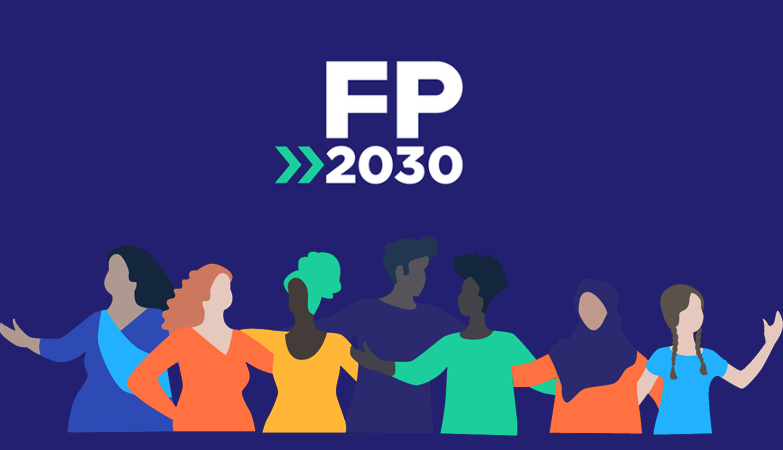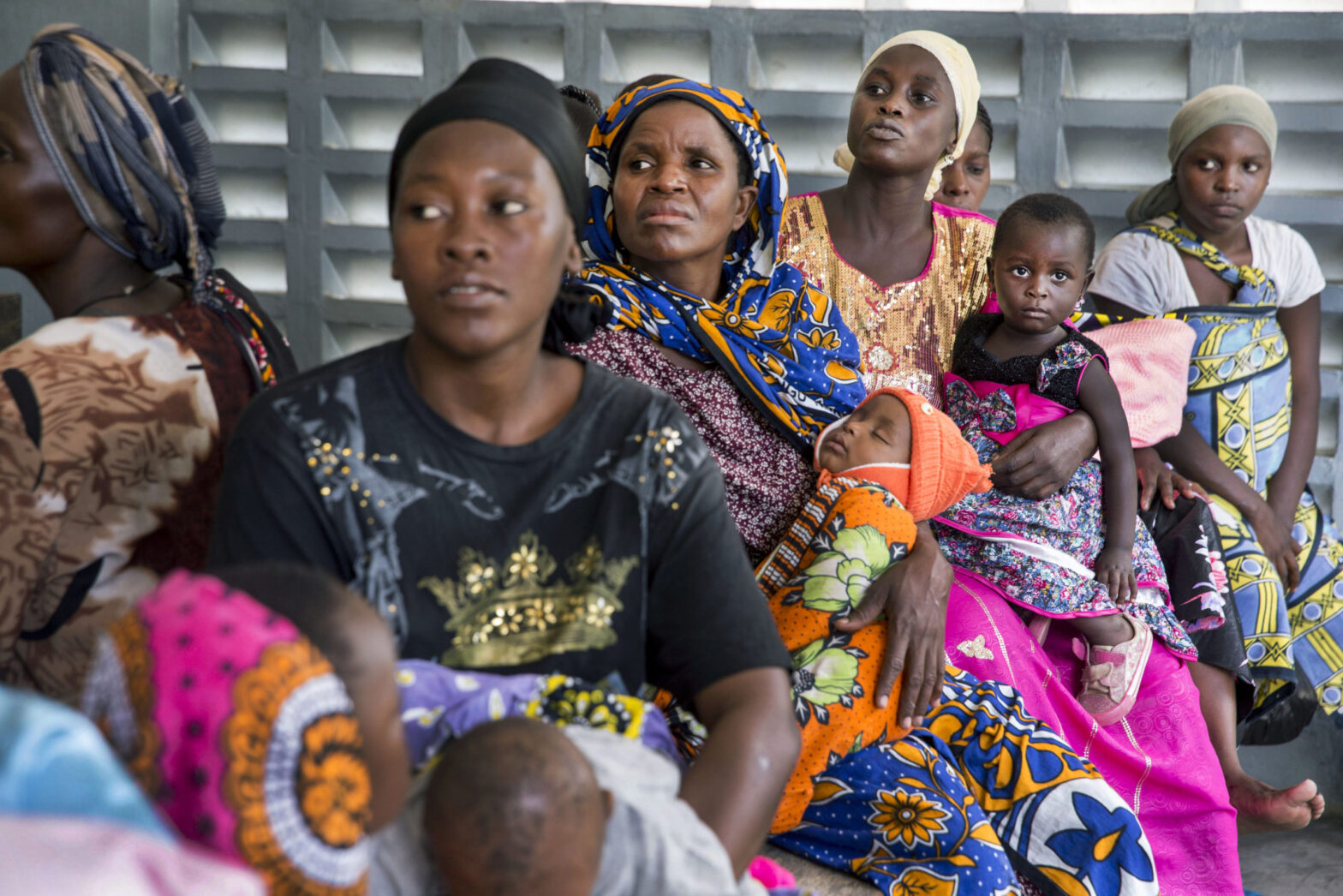We have been energized as we hear from partners around the world who are in the process of developing their FP2030 commitments. Governments are collaborating with civil society and youth organizations to shape national commitments using many of the resources in the FP2030 commitments toolkit to guide their discussions. If your organization is considering making a commitment, the toolkit will walk you through the steps and underlying principles, with links to key resources to inform your commitment.
Month: May 2021
As Countries Write FP2030 Commitments, New Podcast Shares the Secrets to Success: Step 1 Is Centering Youth
Beverly Nkirote, FP2030 Youth Focal Point for Kenya, is a Program Officer at the Network for Adolescents and Youth of Africa (NAYA), a youth-led regional advocacy network committed to sexual and reproductive health and rights advocacy.
Updates from the OPCU: A Readout from the Region
The OPCU recently hosted a webinar, Family Planning in a Humanitarian Crisis: How to Maintain Services and Strengthen the Resilience of Populations and Health Systems, as a chance to continue conversations raised at the OP annual meeting in December.
A long way to go: engagement of men and boys in country family planning commitments and implementation plans
Evidence shows that, to reach global goals related to women and girls’ access to modern family planning (FP) and gender equality, it is critical to understand and account for the role of men and boys as users of reproductive health services, as partners for millions of women & girls around the world, and as advocates in their communities.
Statement from Family Planning 2030 on the Future of Family Planning
Every woman and girl, no matter where she lives, should have the freedom and ability to use lifesaving, life-changing modern contraception. This was our fundamental objective when Family Planning 2020 (FP2020) was launched in 2012 at the London Summit on Family Planning.
Implementation Stories: How Programs Use High Impact Practices and WHO Guidelines
In early 2020, the WHO/IBP Network and Knowledge SUCCESS Project launched an effort to support organizations to share their experiences using High Impact Practices (HIPs) and WHO Guidelines and Tools in Family Planning and Reproductive Health Programming.





